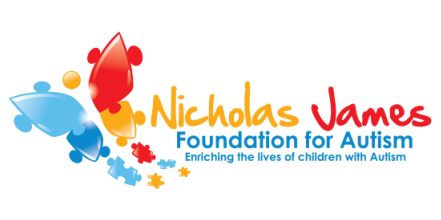Causes
There is no known single cause for autism, but it is generally accepted that it is caused by abnormalities in brain structure or function. Brain scans show differences in the shape and structure of the brain in children with autism versus in neurotypical children. Researchers are investigating a number of theories, including the links among heredity, genetics and medical problems.
In many families, there appears to be a pattern of autism or related disabilities, further supporting the theory that the disorder has a genetic basis. While no one gene has been identified as causing autism, researchers are searching for irregular segments of genetic code that children with autism may have inherited. It also appears that some children are born with a susceptibility to autism, but researchers have not yet identified a single "trigger" that causes autism to develop.
Other researchers are investigating the possibility that under certain conditions, a cluster of unstable genes may interfere with brain development, resulting in autism. Still other researchers are investigating problems during pregnancy or delivery as well as environmental factors such as viral infections, metabolic imbalances and exposure to environmental chemicals.
Genetic VulnerabilityAutism tends to occur more frequently than expected among individuals who have certain medical conditions, including Fragile X syndrome, tuberous sclerosis, congenital rubella syndrome, and untreated phenylketonuria (PKU). Some harmful substances ingested during pregnancy also have been associated with an increased risk of autism.
Environmental FactorsResearch indicates other factors besides the genetic component are contributing to the rise in increasing occurrence of autism, such as environmental toxins (e.g. heavy metals such as mercury), which are more prevalent in our environment than in the past. Those with autism (or those at risk) may be especially vulnerable, as their ability to metabolize and detoxify these exposures can be compromised.
